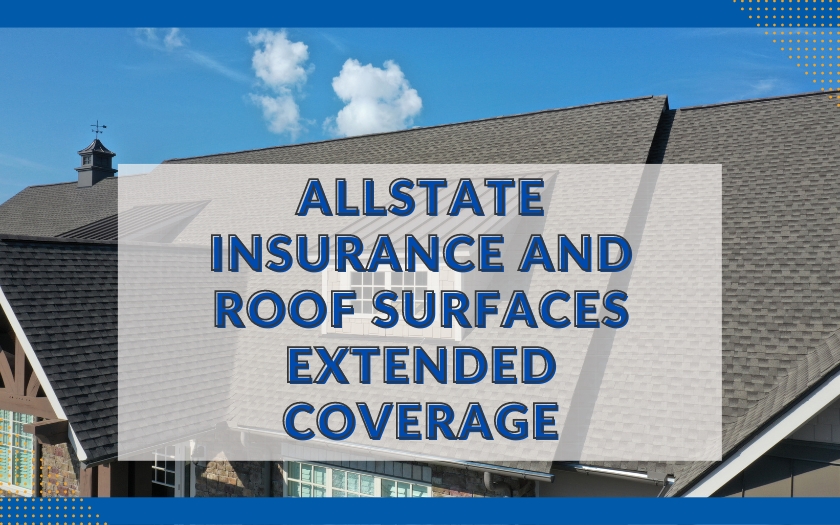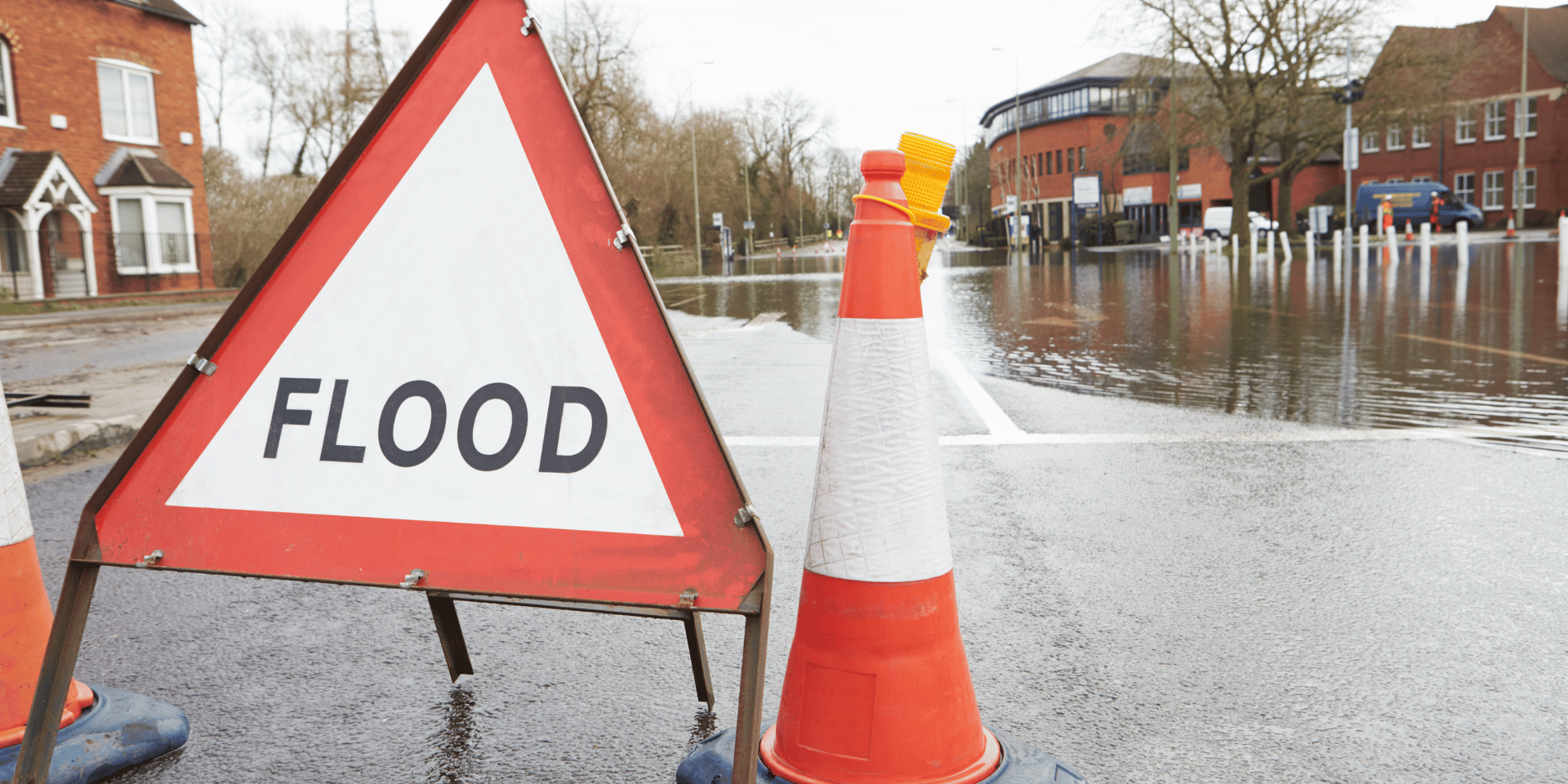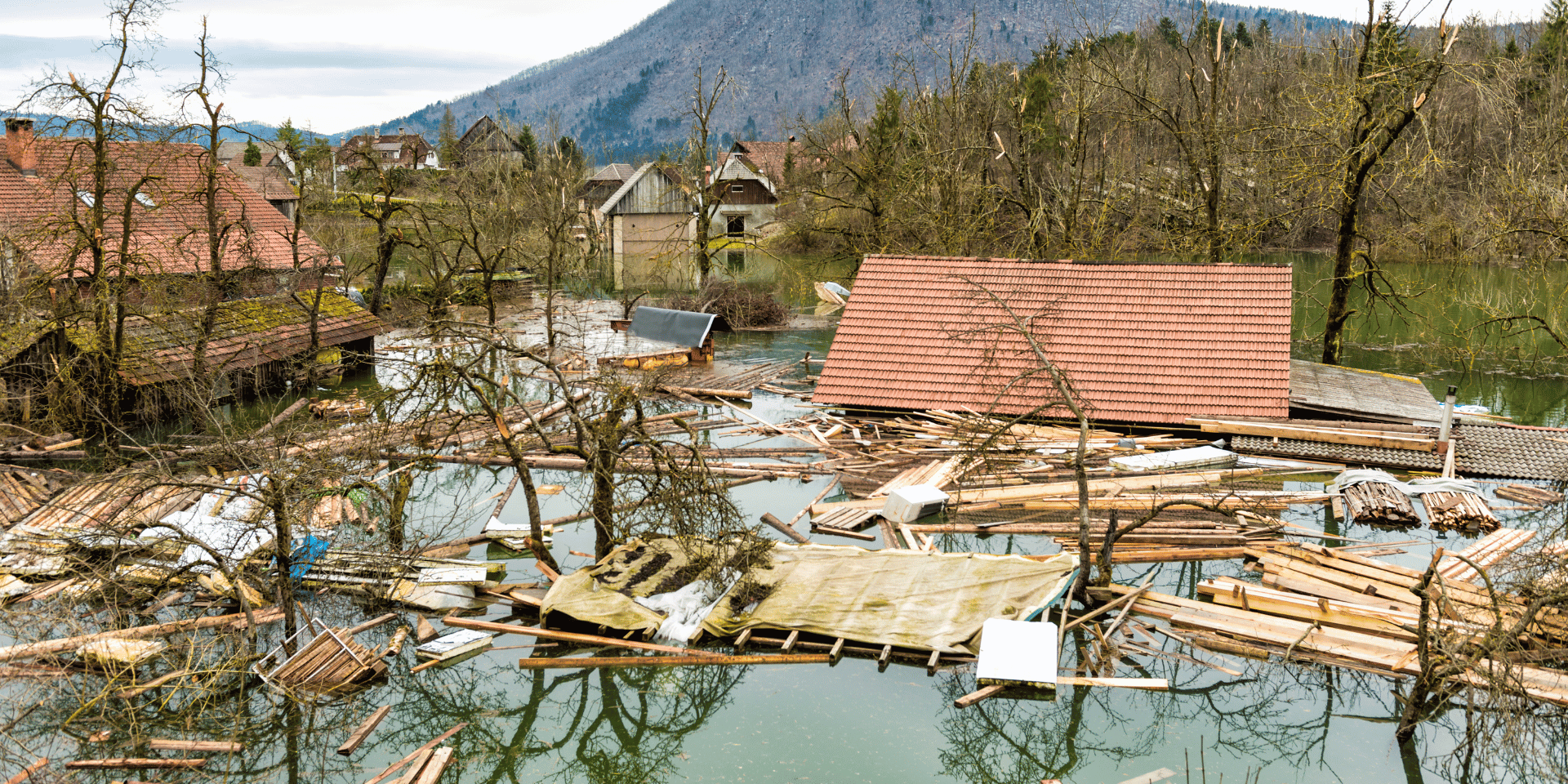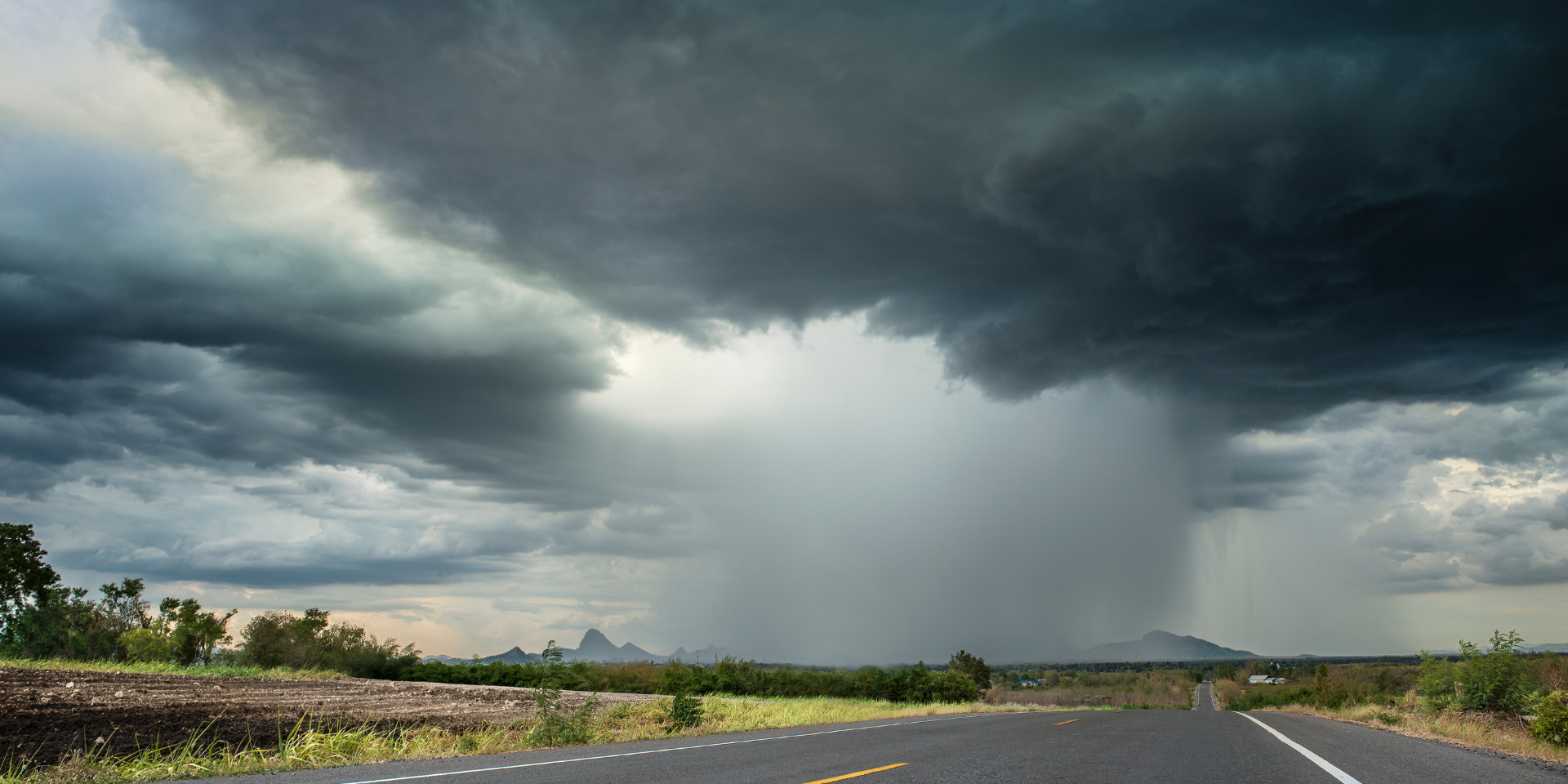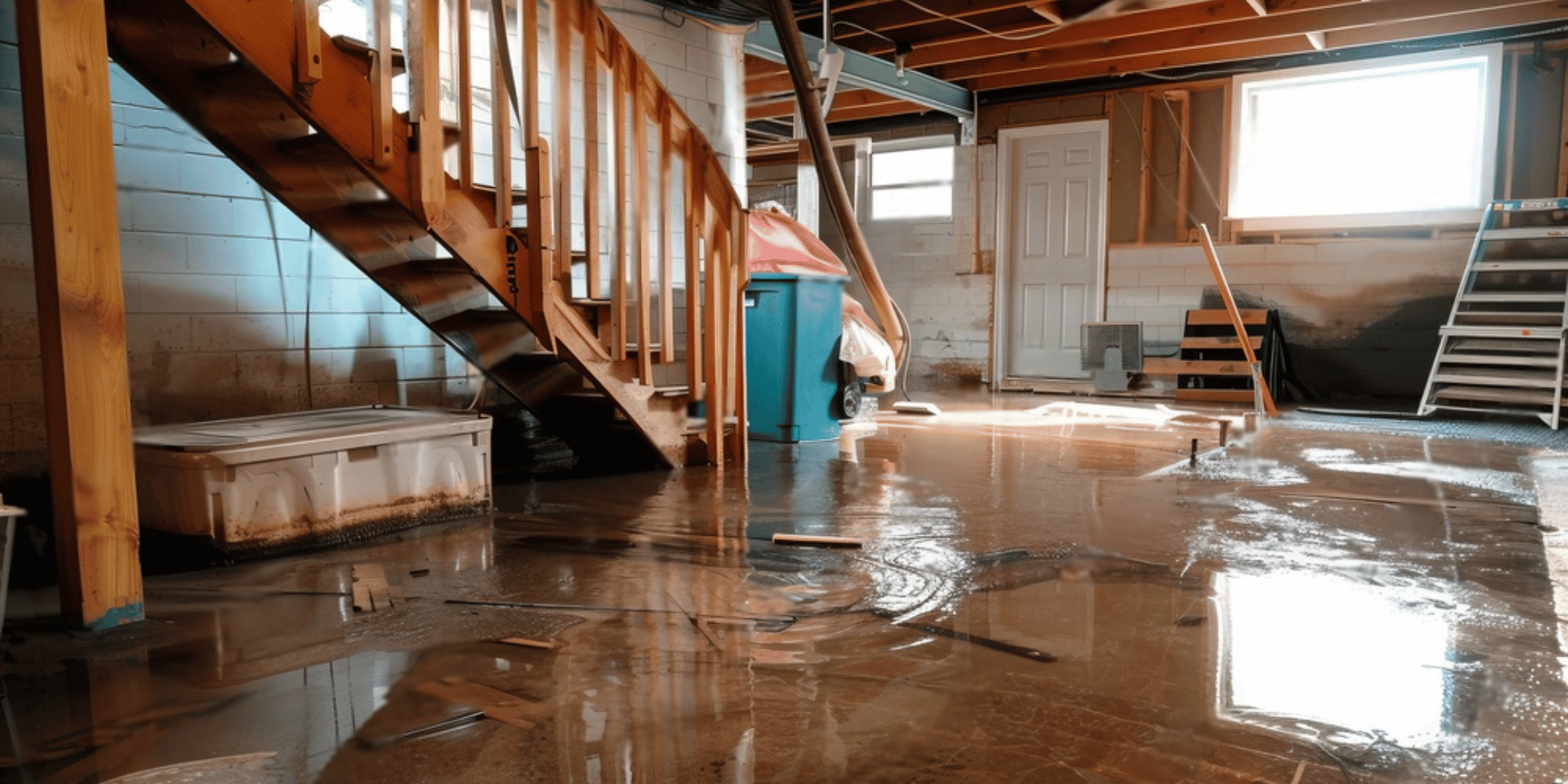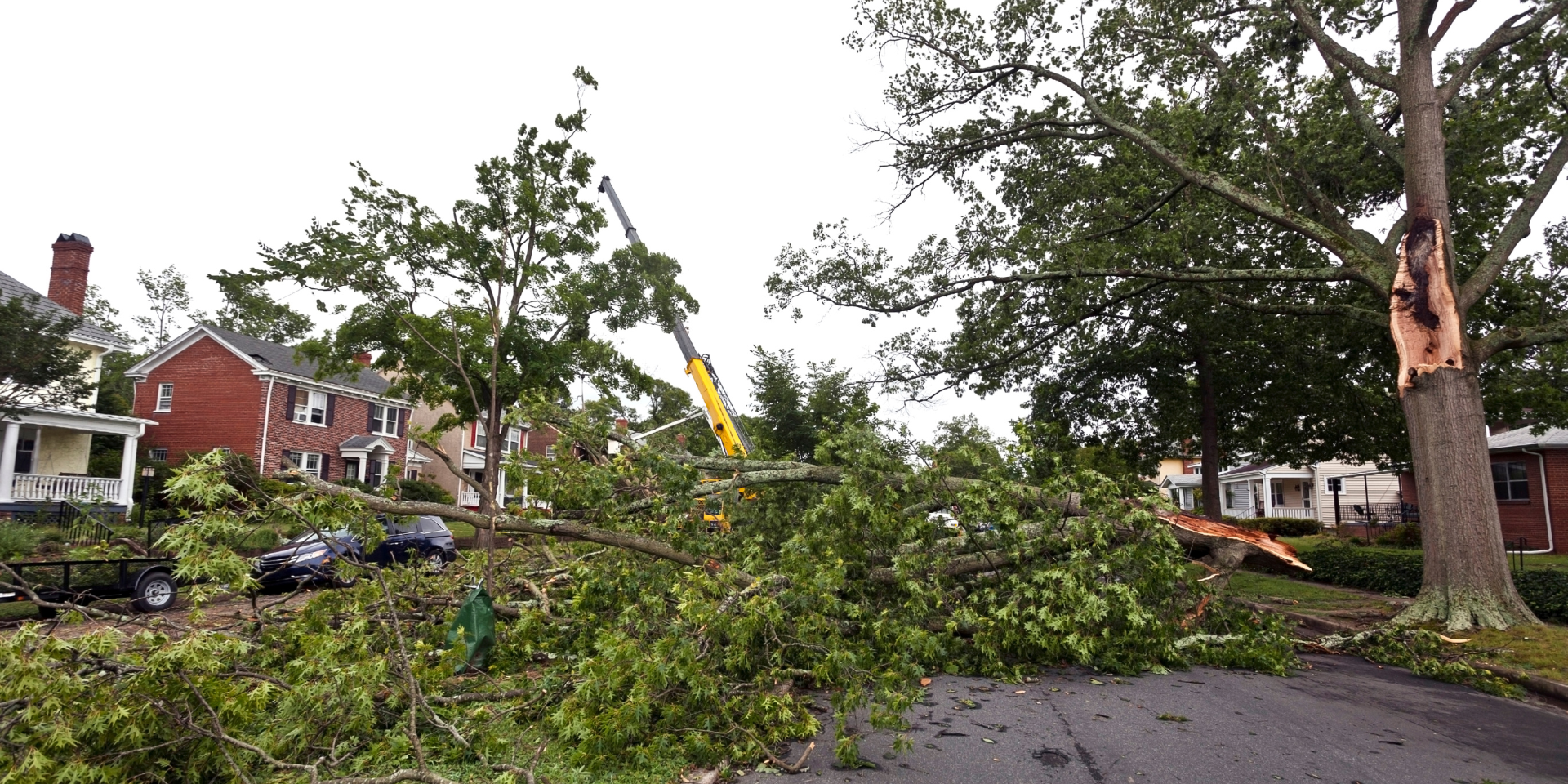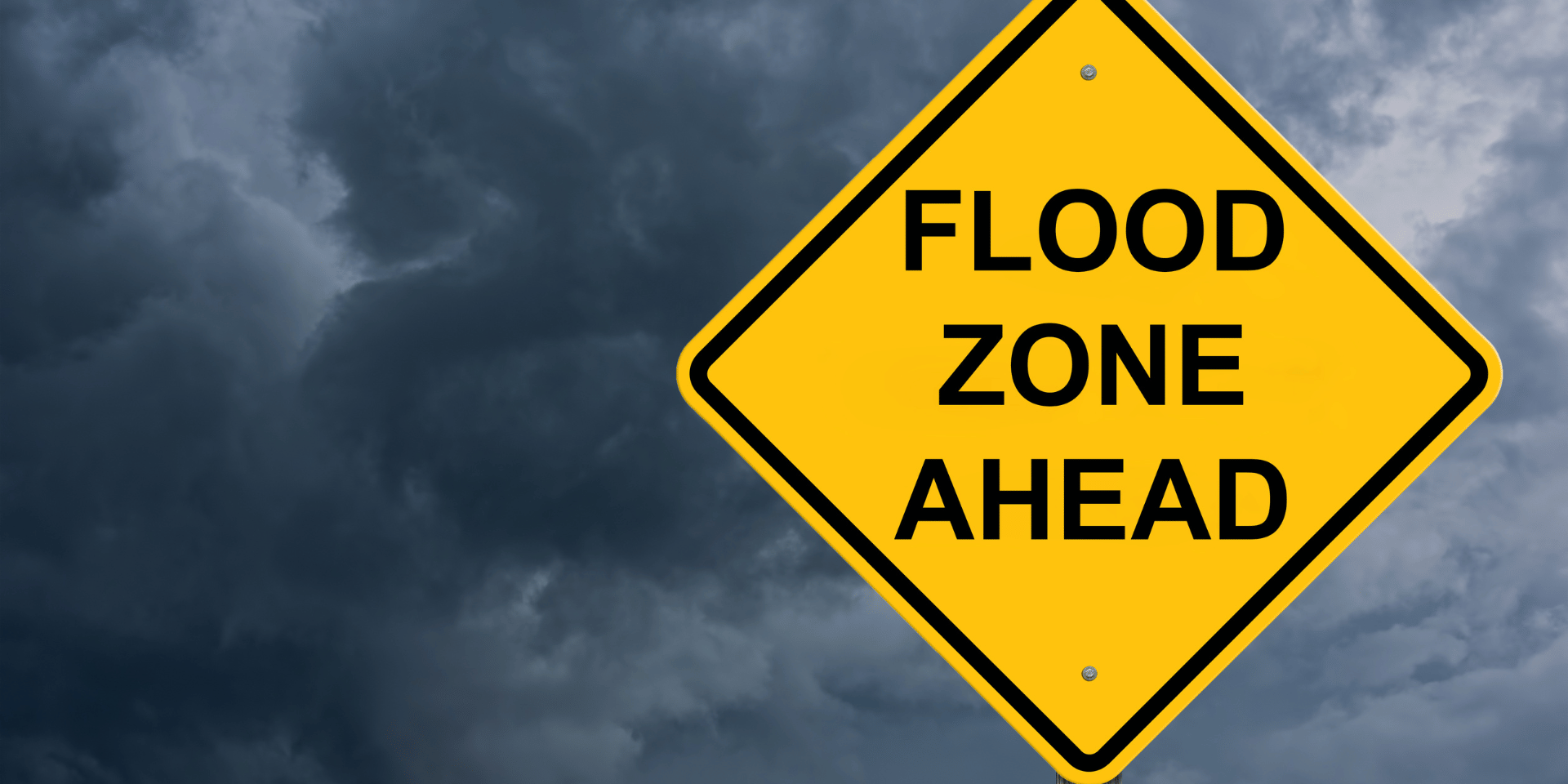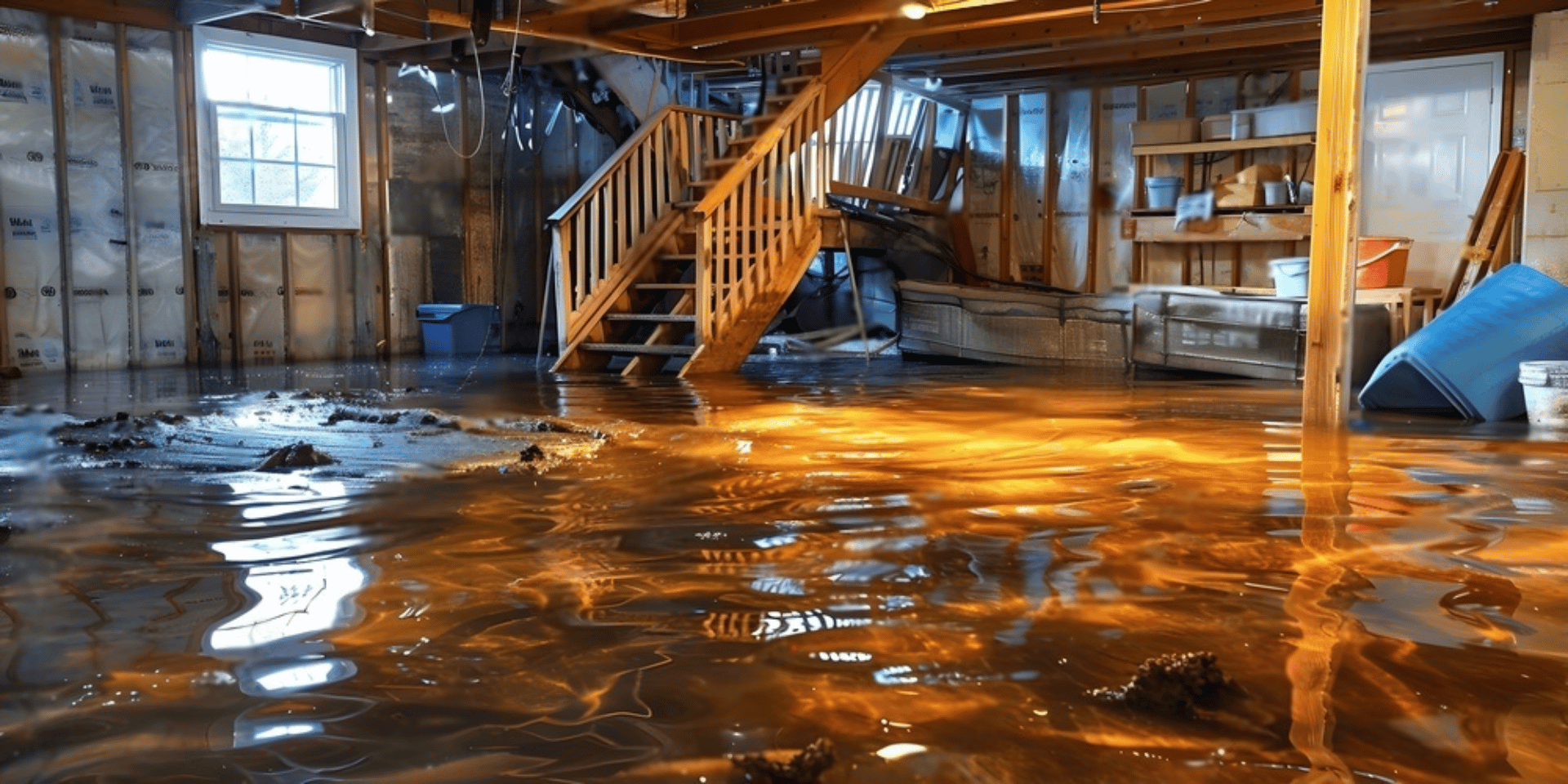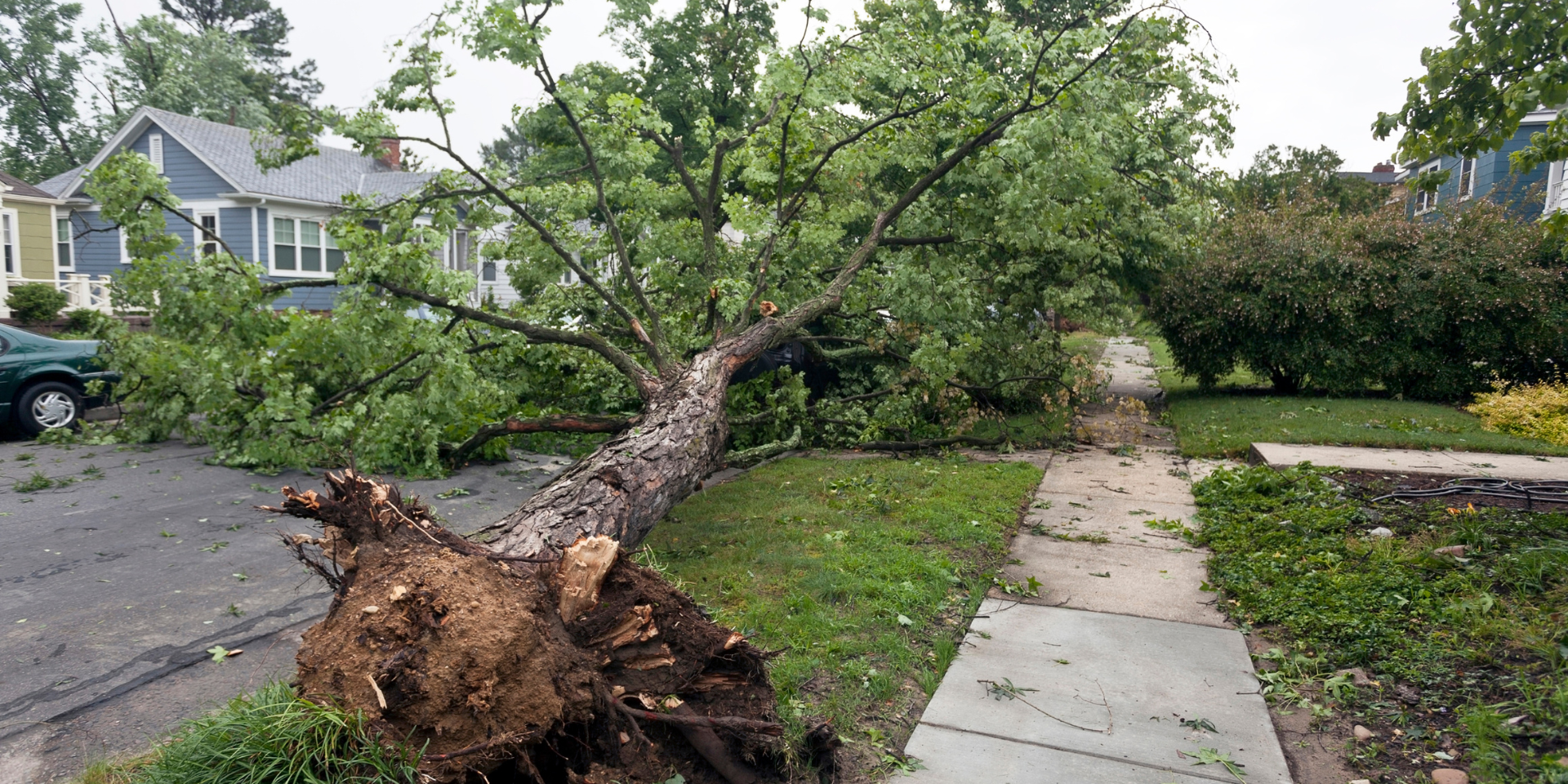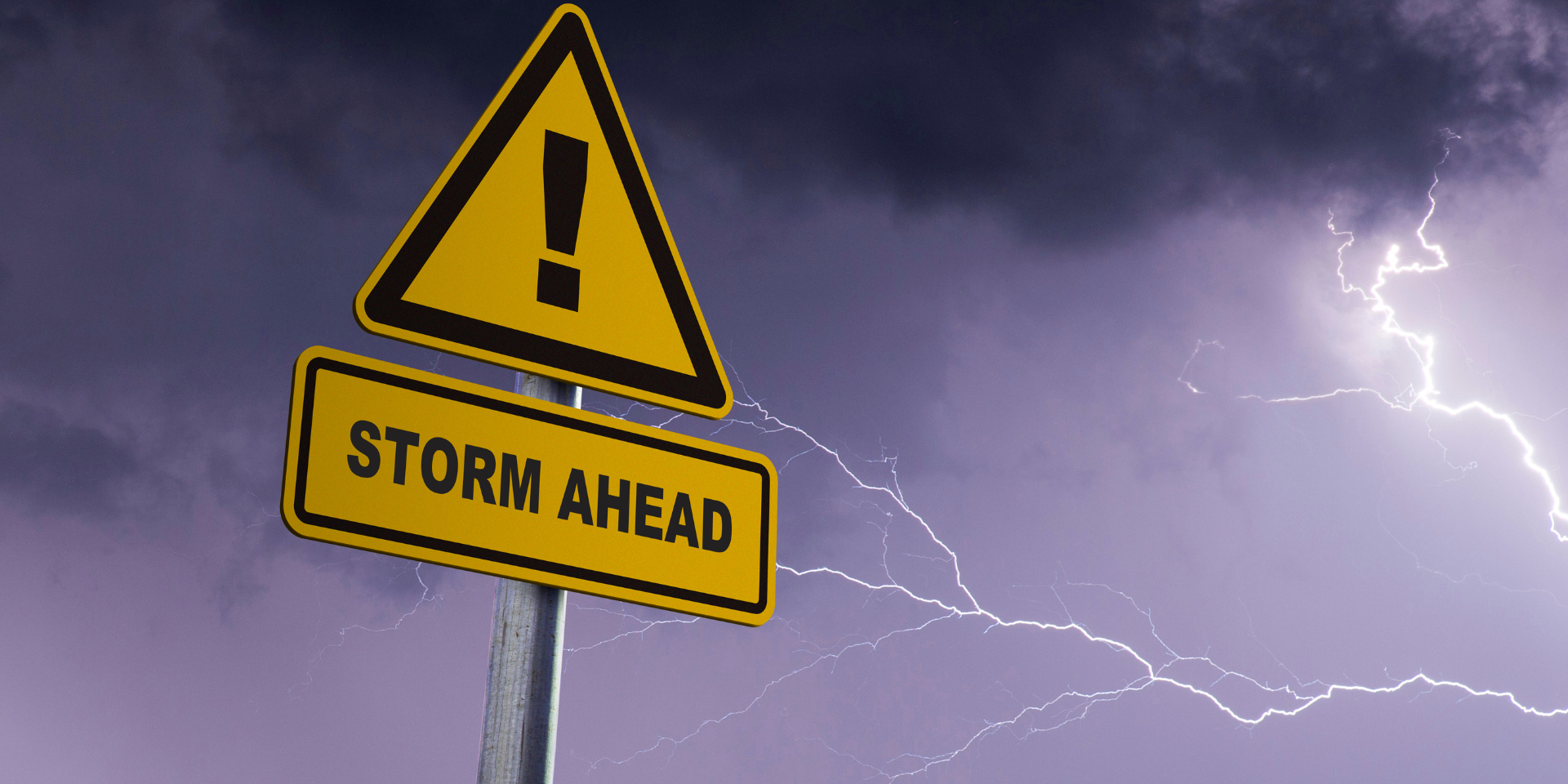Claim Denials: How to Deal with a Claim Denial, Common Tactics Insurance Use and How to Avoid Denials
Insurance companies are in the business of managing risk, and part of that involves minimizing the amount they pay out in claims. While most insurance companies genuinely aim to fairly compensate policyholders when they suffer property damage, there are situations where claim denials happen.
How to Deal with a Claim Denial
Receiving a claim denial letter from your insurer can be disheartening, but it doesn’t necessarily mark the end of your quest for a fair settlement. You have several options to consider:
Review the Denial Letter: Carefully read the denial letter to understand the reason for the denial. Insurers are required to explain why they’ve denied your claim.
Review Your Policy: Revisit your insurance policy to ensure that the denial is in line with the terms and conditions. If you can prove the denial was unjust, it strengthens your case.
Contact Your Insurance Company: Reach out to your insurer to discuss the denial. Sometimes, denials occur due to misunderstandings or errors that can be resolved through communication.
Appeal the Decision: If you believe the denial is unjust, you can often appeal the decision. Follow the instructions in the denial letter regarding the appeals process. Typically, this involves submitting a written request for reconsideration.
Hire a Public Adjuster: Public adjusters are experts at handling insurance claims. They can review your claim, assess the denial, and work to negotiate with the insurer on your behalf. They can often uncover valid reasons for approval that you might have missed.
Seek Legal Counsel: If your appeal is also denied, or if the denial is based on complex legal issues, consider consulting an attorney experienced in insurance law. They can guide you through the process and potentially take legal action on your behalf.
File a Complaint: If you believe your insurer acted unfairly or in bad faith, you can file a complaint with your state’s insurance department. They will investigate the complaint and can sometimes mediate disputes.
Legal Action: If all else fails and you believe your claim was wrongfully denied, you can pursue legal action against your insurer. Consult with an attorney to understand the viability of a lawsuit.
It’s essential to remember that insurance claim denials can often be appealed or resolved through negotiation. Seeking professional help, such as a public adjuster or attorney, can greatly improve your chances of achieving a fair settlement. Be persistent, patient, and thorough in your approach to secure the compensation you deserve.
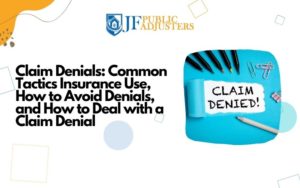
Common Tactics Insurance Use to Deny Claims
Facing a property insurance claim denial can be incredibly frustrating, especially when you believe you’ve paid for coverage. Insurance companies employ various tactics to minimize payouts or deny claims entirely. Here’s an in-depth look at common strategies:
1. Policy Exclusions: One of the most straightforward ways for an insurance company to deny a claim is to invoke policy exclusions. Exclusions are specific situations or types of damage not covered by your policy.
Example 1: Your homeowner’s insurance policy excludes flood coverage, any damage caused by a flood would be denied.
Example 2: You file a claim for water damage, but upon reviewing your policy, the insurer discovers it excludes coverage for damage resulting from sewage backups, leading to a denial of your claim.
What to do: Ensure your policy clearly defines covered perils and holds the insurer accountable to this definition.
2. Lack of Maintenance: Insurance companies may deny claims if they determine that your property was not adequately maintained. They might argue that negligence or lack of proper maintenance led to the damage.
Example: Your homeowner’s insurance policy covers sudden and accidental water damage. However, if you report a leaking roof due to missing shingles that you failed to replace after being advised to do so, the insurer may deny your claim, citing inadequate maintenance.
What to do: First of all, make sure to maintain your property to avoid these issues. Second, if you have already been denied due to wear and wear or inadequate maintenance, consult either a public adjuster or legal counsel.
3. Misinterpretation of Policy Language: Insurance policies can be complex, and policyholders often don’t fully understand the fine print. Sometimes, insurers might misinterpret or selectively interpret policy language to minimize coverage.
Example 1: Your policy covers “windstorm damage.” After a windstorm, your insurer might argue that it wasn’t a “true” windstorm, but just a strong breeze, thereby denying your claim.
Example 2: Your policy covers “water damage,” but the insurer claims it doesn’t include damage from burst pipes. They interpret the policy language to their advantage.
What to do: Carefully review your policy and consult a public adjuster or seek legal counsel if language is unclear.
4. Lowball Settlement Offers: Some insurers may offer low initial settlement amounts, hoping that policyholders accept the offer without questioning it. This is a common tactic to save money, especially when a policyholder is unaware of the true extent of the damage.
Example: You suffer significant fire damage to your property. Your insurance company offers a settlement far below what’s needed for full recovery. If you accept, they save money.
What to do: Obtain multiple repair estimates from reputable contractors, and use these to support your counteroffer. Even better, hire a public adjuster who can manage your claim fully. Their service would include preparing or obtaining comprehensive repair estimates that accurately reflect the damage to your property.
5. Claim Delay Tactics: Insurers may employ tactics to delay the processing of your claim. The hope is that you’ll grow frustrated and accept a lower settlement just to conclude the process.
Example: You report water damage, and your insurer consistently asks for more documentation, dragging out the claims process. This delay can cause you to settle for less just to resolve the matter.
What to do: Maintain a documented record of all interactions and deadlines. Understand what documents are necessary and only provide what’s required by your policy. Demand prompt responses and be prepared to escalate if necessary. You can also use a public adjuster to manage your claim.
6. Shifting Blame: Sometimes, insurers might try to attribute damages to causes specifically excluded from the policy, denying coverage for the claim.
Example: You file a claim for roof damage caused by hail. Your insurer might argue that the hail was not the primary cause of the damage but a pre-existing condition. They’ll deny your claim based on this interpretation.
What to do: Understandably, your lack of experience in the world of insurance might put you at a great disadvantage when arguing it out with the insurer. Consult a public adjuster and enlist their services. Public adjusters are experienced in interpreting policy language and are able to rebut the denial.
7. Alleging Fraud: The insurer accuses you of fraud, such as inflating a claim. In some occasions, your insurer may also require that you make a recorded statement about the circumstances surrounding the claim and the damage to your property. This could be very intimidating to many people causin them to inadvertently make mistakes. Then the insurer may use this to either deny or undervalue a claim.
What to do: Be honest and transparent throughout the claims process to avoid these allegations. If you are being asked to make a recorded statement, consult either a public adjuster or legal counsel beforehand. Many adjusters are trained to use manipulative, deceptive, and other dishonest tactics to get people to admit fault during a recorded statement or say the things that could negatively impact your ability to receive compensation.
Tips for Avoiding Property Insurance Claim Denials
While insurance claim denials can be frustrating, there are several proactive steps you can take to minimize the risk of denial and ensure you get the coverage you paid for:
Know your Policy: Start by thoroughly reading and understanding your insurance policy. Familiarize yourself with what’s covered, what’s excluded, and the conditions under which your policy applies.
Regular Maintenance: Maintain your property to prevent issues that can be attributed to neglect. Regularly inspect and address maintenance needs, like fixing leaks and maintaining structural integrity.
Act Promptly: Report damages to your insurer promptly. Delays can lead to suspicions of claim fraud. Provide accurate and detailed information about the damage.
Document Everything: Take photos and maintain detailed records of the damage. This documentation can serve as evidence to support your claim.
Communicate Clearly: When dealing with your insurer, maintain clear and thorough communication. Keep records of all conversations, emails, and documents.
Get Professional Estimates: Obtain professional repair estimates. This can help you provide a realistic assessment of the damage’s cost.
Dispute with Evidence: If your claim is denied, don’t be afraid to dispute it with evidence. Present clear, documented information to make your case.
Consult a Public Adjuster: A public adjuster is an expert in insurance claims. They can help you navigate the complex claims process, assess damages, and advocate for a fair settlement.
Know Your Rights: Familiarize yourself with the laws and regulations governing insurance claims in your state. You have rights as a policyholder, and these may provide both alternative dispute resolution and legal avenues to pursue if your claim is wrongly denied.
Remember, insurance companies must act in good faith when handling claims. If you follow these tips and are honest and diligent in your dealings, you’re more likely to receive the coverage you’re entitled to.
If you find that your insurer is not acting in good faith, know that you have rights and use the various escalation strategies available to you. Our general advice, consult a public adjuster and understand how hiring one can benefit you. At the end of the day, the goal in making an insurance claim is for you to be compensated fairly and within a reasonable time frame. If you could have an advocate to help you achieve that, that’s an option you should consider taking.
If your property sustains damage from events such as a fire or broken pipes, please reach out to us. We’d be delighted to have a conversation about how we can assist you.
As public adjusters, our mission is to guide you through the process of managing your property insurance claim, ensuring that you secure the most favorable settlement. Our aim is to swiftly and efficiently restore your property to its pre-loss condition.
Uncertain about whether your insurance will provide coverage for the damage? We encourage you to get in touch with us regardless. JF Public Adjusters offers a complimentary review of your claim and a consultation. You can reach us via phone or text at (917) 272-8793.
Contact Us
You can reach us via phone or text at (917) 272-8793.
GET IN TOUCH!
The Leading Property Damage Experts Are Here To Help
CONTACT NEW YORK’S HIGHEST RATED PUBLIC ADJUSTER IMMEDIATELY BY CALLING OUR OFFICE OR BY COMPLETING THE FORM.
CALL US FOR FREE



